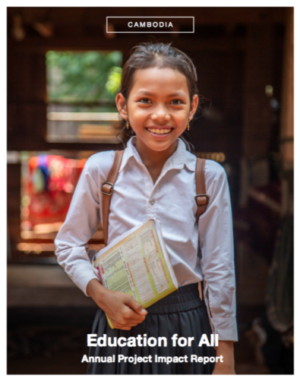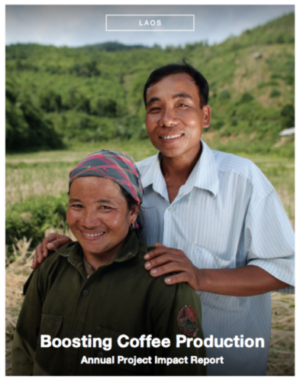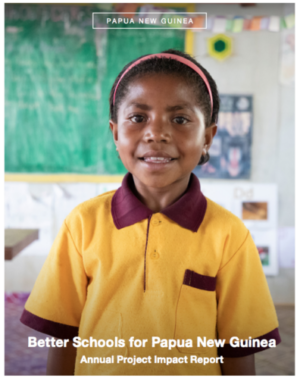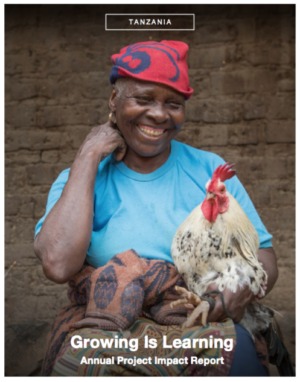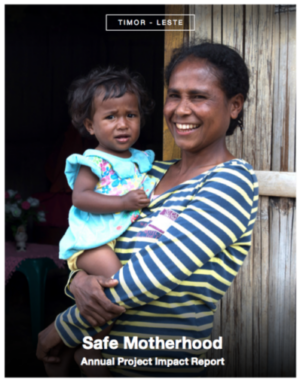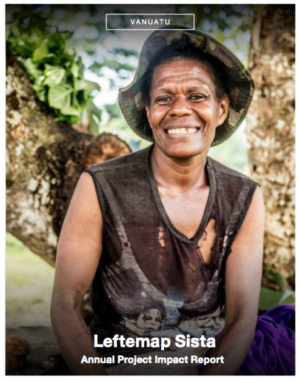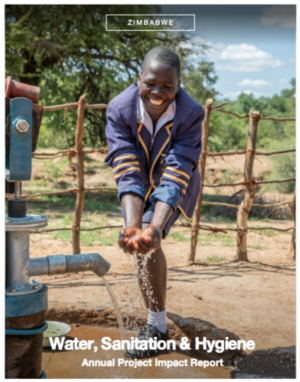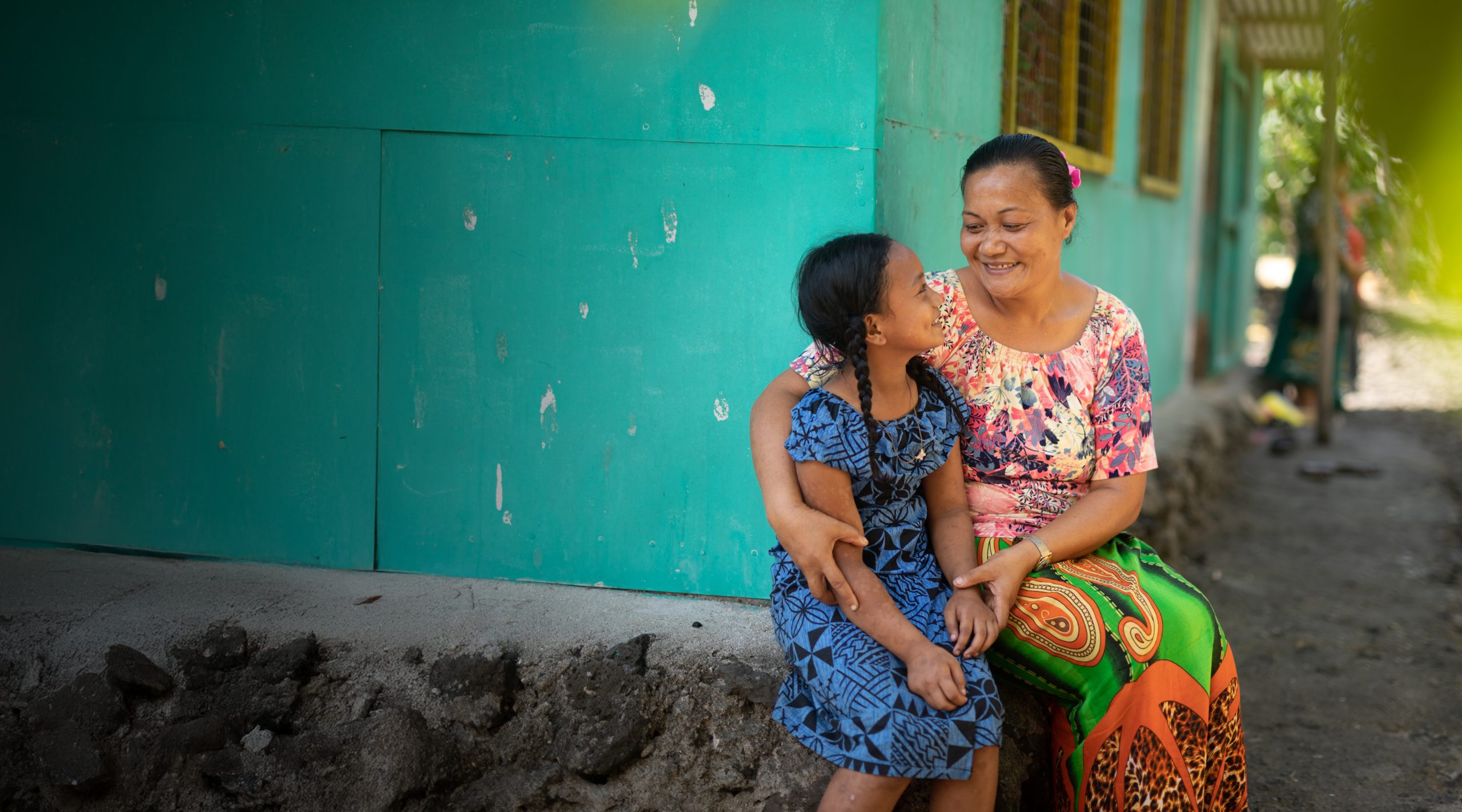See the impact of our work
The support of our donors enables all the lifesaving work that CARE undertakes – it is this generosity which leads to the success stories on this page.
Thanks to kind hearted donors in 2019-20:
- We assisted 2.3 million people across 25 countries.
- We responded to eight humanitarian emergencies in 22 countries, including Tropical Cyclone Harold in the Pacific, the COVID-19 crisis across the Asia-Pacific, as well as protracted crises in Syria, Bangladesh and Yemen.
- 97% of our staff are local to the country where they work.
We would like to share some stories with you, showcasing just a few of the communities that your support has touched.
Vanuatu – Gender Equality Together
This project supported women to join and lead the movement for gender equality in Vanuatu. All program participants reported increased leadership skills, confidence and knowledge, and noted that for the first time in Vanuatu, a project provided the space and time for young women to come together to create this kind of solidarity.
Timor-Leste – Disaster READY
This project supported communities in Timor-Leste to be better prepared for, and able to manage and respond to, rapid and slow onset disasters. Participants gained more knowledge and awareness of disaster risks, and preparedness measures became more inclusive thanks to women taking leading roles in Disaster Management Committees.
Papua New Guinea – Boosting Cocoa Production
This project supported the technical and social skills of farmers, strengthened cooperatives, and enhanced the effectiveness of farming groups in Papua New Guinea. Participants reported increased yields, with some becoming recognised leaders with demonstrated expertise in cocoa farming for their communities, and were even employed by other farmers to help on their cocoa blocks.
Bangladesh – Refugee Response
This project contributed to international efforts to meet the humanitarian and protection needs of the 1 million refugees from Myanmar, as well as host communities in Bangladesh. Women and Girls Safe Spaces and male engagement meetings helped change the attitudes of both women and men with regard to intimate partner violence, and the rights of women.
Cambodia – Education for all
Communities in Cambodia’s northeast provinces of Ratanak Kiri and Mondul Kiri face deep poverty and geographic isolation. Many of the indigenous population in the region have little or no command of the national language, Khmer, and are, therefore, excluded from the state school system. As a result, the region experiences some of the lowest school enrolment and retention rates in the country.
Since 2002, CARE Cambodia has helped children from remote ethnic groups in Cambodia go to school and learn in their native language for the first time. Thanks to the generosity of our donors 7,245 children were given that opportunity this year, even in the midst of a global pandemic.
Download the full FY20 report here.
See more information about this project here.
Laos – Boosting Coffee Production
As one of the most ethnically diverse countries in South- East Asia, over 65% of Laos’s population is made up of more than 100 ethnic groups. Although a complex issue, there is a strong link between ethnicity and poverty, particularly in upland areas.
More than 70 percent of the population of Laos depends on farming to make their living. They work on their farms every day but many struggle to find a market for their coffee. When they do, they often don’t make enough to provide for their family.
With the help of our donors, CARE has been able to assist 2,643 farmers to increase their income and improve nutrition for their families and community in the past year.
Download the full FY20 report here.
See more information about this project here.
PNG – Better Schools for Papua New Guinea
In Papua New Guinea poverty is a huge barrier to education. More than 80 percent of the population lives in rural areas, schools are far away, teaching materials are inadequate and school fees are too high. The situation is worse for girls — struggling families will often use what little resources they have to send their boys to school and girls are more likely to drop out early to help look after the family, doing household chores.
Since the project started in 2017, CARE has been helping children to access the education they deserve by providing teachers with essential training, equipping schools with quality learning materials and better infrastructure, and strengthening government accountability and transparency.
With support from our donors, CARE has supported 5,987 people over the past year with this project.
Download the full FY20 report here.
See more information about this project here.
Tanzania – Growing is learning
Women farmers in Tanzania make up 54% of the agricultural workforce, yet they struggle to earn a living and provide nutritious food for their families.
CARE has been working in Tanzania since 2017 to train local women in the production of soya — a highly nutritious, climate resilient crop that helps to enrich soil health.
Thanks to our donors, small-scale women farmers have increased their production and income through soya bean farming, with 616 farmers (435 women/181 men) harvesting 19,481kg of soya beans in the last season.
Download the full FY20 report here.
See more information about this project here.
Timor Leste – Safe motherhood
In Timor-Leste, more mothers and babies are at risk of dying during pregnancy, childbirth or in the first days of life than almost anywhere else in the Asia-Pacific. It is estimated that for every maternal death, an additional twenty Timorese women are disabled following childbirth.
Since the project started in 2017, CARE’s teams have worked in 47 hamlets (sub-villages) in Timor-Leste to improve the health and wellbeing of mothers and babies; create a more effective and responsive health system; advance gender equality and empower women and girls.
Thanks to the generous support of our donors, in the last 12 months 4,117 people have benefited from these life-changing activities.
Download the full FY20 report here.
See more information about this project here.
Vanuatu – Leftemap Sista
In Vanuatu, three quarters of the population lives in rural areas and on remote islands — many lack access to clean water, education and essential healthcare. Women and girls are most disadvantaged by poverty as cultural norms and high rates of violence limit their opportunity to attend school, earn an income or share in community decision-making.
With your support, CARE’s Leftemap Sista II project is helping thousands of vulnerable women and girls to break the cycle of poverty and live free from violence and abuse. During the past year, CARE was able to reach 748 people with life-saving community services and support, as well as networks that give women better access to finance, education and essential healthcare.
Download the full FY20 report here.
See more information about this project here.
Zimbabwe – Water, Sanitation & Hygiene
In Zimbabwe, over half of the people in rural areas don’t have access to clean water or toilets. The lack of toilets and adequate sanitation leads to the spread of illness and disease, and impacts on children’s ability to attend school and parents being able to work and earn an income.
Severe drought has left communities with no choice but to collect dirty or contaminated water.
CARE has supported the rural Chivi district through the COVID-19 pandemic, as well as providing safe drinking water and basic sanitation to 39,176 people.
Download the full FY20 report here.
See more information about this project here.
